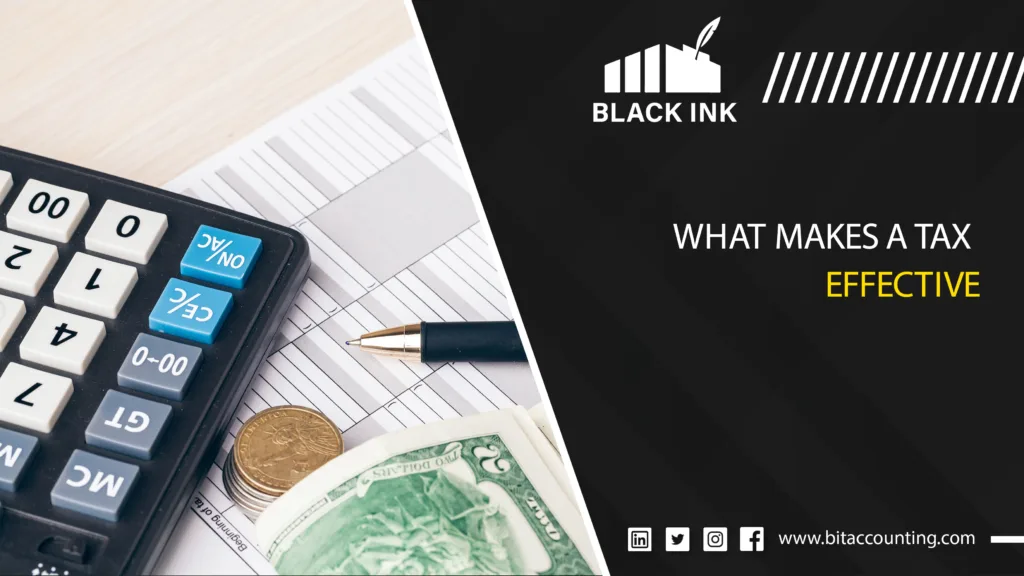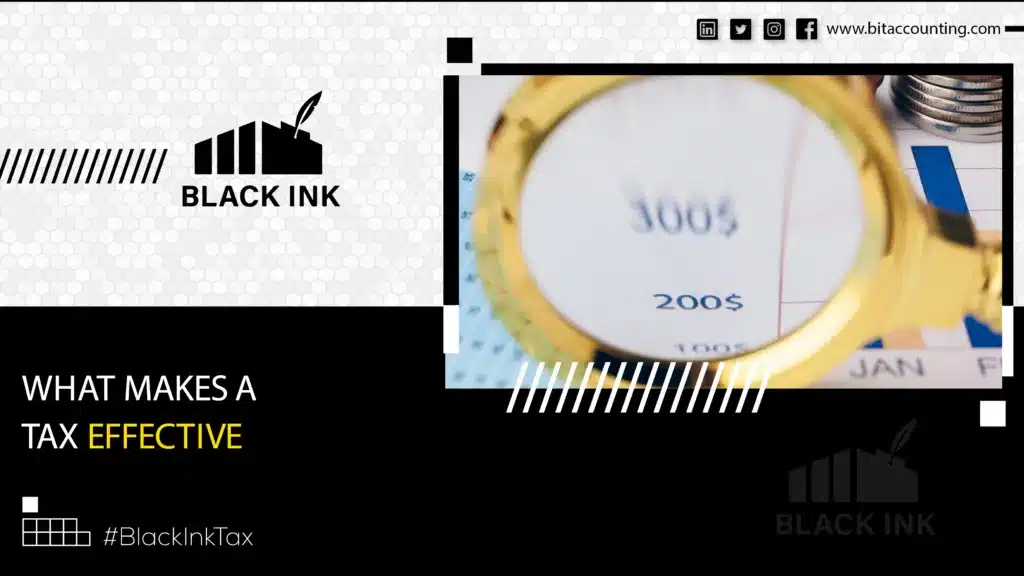
Table of Contents
Tax Efficiency: What Makes a Tax Effective
Understanding how taxes affect your money is one of the smartest steps you can take to protect and grow your wealth. Tax efficiency means using strategies that reduce how much you owe in taxes while still following the law. If your financial plans don’t consider taxes, you could be losing more money than necessary.
In this guide, we’ll walk through what tax efficiency means, how to reach it, and what tools and tips can help you make your taxes more effective.
What Is Tax Efficiency?
Tax efficiency is the practice of organizing your money, investments, and income in a way that limits how much you pay in taxes. A tax effective plan makes sure more of your money stays with you and less goes to the government—without breaking any tax laws.
Whether you’re a taxpayer, business owner, or investor, tax efficiency matters. It can help with retirement planning, increase your passive income, and even lower your total tax rate over time.
Understanding Tax Efficiency
Many people think tax efficiency only applies during tax season, but it’s actually a year-round effort. It involves:
- Choosing the right types of investment funds (like a mutual fund or exchange-traded fund)
- Using tax-friendly accounts like 401(k)s or individual retirement accounts (IRAs)
- Timing capital gains and losses wisely
- Planning around tax laws that might change
Tax efficiency is about more than just paying less—it’s about financial planning, personal finance, and smart asset management.
Changes to Retirement Accounts
Retirement account tax laws are constantly evolving. For instance, the age at which you must take withdrawals from your 401(k) or IRA has changed recently, as has the required minimum distribution (RMD) age.
If these changes are not adequately planned for, they may affect your overall taxation and put you in a higher tax bracket.
Review your retirement plans annually and make necessary adjustments in light of new tax laws to ensure they remain tax-effective.
Tax-Efficient Mutual Fund
A tax-efficient mutual fund is designed to reduce the number of taxable events that occur while you’re invested. These funds may:
- Focus on long-term growth to lower capital gains tax
- Avoid frequent buying and selling (reducing ordinary income taxes)
- Use strategies like tax deferral
Choosing these kinds of investment funds is especially helpful for those in higher tax brackets.
Long-Term Capital Gains and Losses
One of the simplest methods of enhancing tax efficiency is by properly managing capital gains.
If you keep an investment for more than a year before selling it, you typically pay a less amount of capital gains tax when compared to selling it earlier. These are long-term capital gains and are charged less than short-term capital gains.
Also, if your investments do lose money, capital losses will negate gains, reducing your tax bill.
This is referred to as tax-loss harvesting and is a potent investment management technique.
Tax-Exempt Bonds
Municipal bonds (also known as tax-exempt bonds) are issued by local governments and don’t get taxed at the federal level. Some are also free from state and local taxes.
These bonds are useful for high-net-worth individuals looking to earn steady income without raising their tax liability.
Municipal bonds often give a lower rate of return than taxable bonds, but after taxes, they can be more rewarding.
Irrevocable Trust
An irrevocable trust is a legal structure used in estate planning. Once you place assets into the trust, you can’t take them back. But the benefit is that those assets no longer count as part of your estate, possibly lowering your estate tax in the United States.
These trusts are often used by wealthy families, business owners, or those planning to pass down a large inheritance. They’re also important in charitable trust strategies and family economics.

Tax Tips That Could Improve Tax Efficiency
Here are a few tips that you can implement that could improve tax effective:
Tip #1: Review Your Estate Plans
Look at your estate planning documents each year. Tax laws change often, and what worked five years ago might not be the best option today. Tools like grantor retained annuity trusts (GRATs) or trust companies may help lower estate taxes.
Tip #2: Think About Balancing Out Your Investment
Rebalancing investments keeps your asset allocation in line with your goals. If one part of your portfolio grows too fast, it may push you into a higher tax bracket. Spreading your money across stocks, bonds, and mutual funds can reduce risk and taxes.
Tip #3: Track the Locations Where You’ve Worked
If you’ve worked in multiple states or cities, you might owe taxes in more than one place. Keeping good records helps avoid double-taxation and unwanted surprises from the Internal Revenue Service (IRS).
Tip #4: Max Out on Your Retirement Plan
Put as much money as you can into tax-deferred accounts like a 401(k) or IRA. This lowers your taxable income now and helps your savings grow faster.
Tip #5: Consider Converting Traditional IRA to Roth IRA
A Roth IRA allows for tax-free withdrawals in retirement. While you’ll pay taxes during the conversion, the long-term savings can be worth it—especially if you expect your tax rate to rise later.
Tip #6: Look for Tax-Aware Investing Strategies
Consider index funds, passive management, and low-turnover strategies. These can lead to fewer taxable events and better after-tax returns.
Tip #7: Fund a 529 Education Plan
A 529 plan helps you save for education with tax-free growth and withdrawals. It’s great for parents or grandparents who want to support college costs while keeping their tax bill low.
Tip #8: Cover Healthcare Costs Efficiently
Use Health Savings Accounts (HSAs) if you qualify. Money you put in isn’t taxed, and if you use it for medical costs, withdrawals are also tax-free. That’s a win-win.
Tip #9: Think About Tax Changes in 2026
Some tax cuts from recent laws will expire in 2026. If you earn a lot, plan ahead—your tax rate might go up, and strategies like tax avoidance (legal ones!) become even more important.
How Do You Calculate Tax Efficiency?
To figure out your tax efficiency, divide your after-tax return by your before-tax return. For example:
If your investment made 10%, but taxes took 2%, your tax efficiency is 8% ÷ 10% = 0.80 or 80%.
The closer you are to 100%, the more tax effective your strategy is.
How Can You Increase Your Tax Efficiency?
Here are a few simple ideas:
- Use tax deferral whenever you can
- Pick tax-exempt or low-turnover funds
- Stay updated on tax policy changes
- Speak with a financial adviser or registered investment adviser (RIA)
- Watch your dividends, interest, and income levels to avoid higher brackets
Smart choices in financial services, asset management, and even employment benefits can all boost your tax efficiency.
Is Tax Efficiency Ethical?
Yes—as long as it’s done legally. Some people confuse tax efficiency with tax evasion (which is illegal) or tax avoidance (which is legal but often debated).
But managing your money wisely through legal strategies is just good planning. The United States law encourages saving, investing, and smart personal finance decisions through tax breaks and deductions.
Conclusion
Tax efficiency isn’t just for the rich—it’s a valuable part of smart money management for everyone. By understanding how taxes work and using the right tools—like IRAs, trusts, municipal bonds, and 529 plans—you can keep more of what you earn.
Whether you’re planning for retirement, growing a business, or building a nest egg, being tax effective gives you a head start. Don’t leave money on the table—make your plan work smarter, not harder.
FAQs
1: Is tax efficiency the same for individuals and businesses?
No. While the ideas are similar, businesses also deal with corporate tax, public finance, and more complex financial accounting.
2: What’s better—Roth IRA or traditional IRA?
It depends. If you think your tax rate will be higher in the future, a Roth IRA might be better.
3: Can I be audited for using tax efficiency strategies?
Not if your strategies follow the law. Always work with a fiduciary or licensed professional.
4: Are index funds really tax efficient?
Yes. Because they don’t trade as often, index funds tend to trigger fewer taxable events.
5: What role does estate planning play in tax efficiency?
A big one! Smart estate planning can lower your estate tax and help your family avoid financial stress.
GET FREE QUOTE FOR ALL OF OUR SERVICES
Black Ink will send you a free analysis of your current state and what would be the cost of managing either a separate accounting and bookkeeping services or a complete solution across New York, USA. Do get in touch and we will be happy to consult you with our bookkeeping services in NY, New York, USA.
